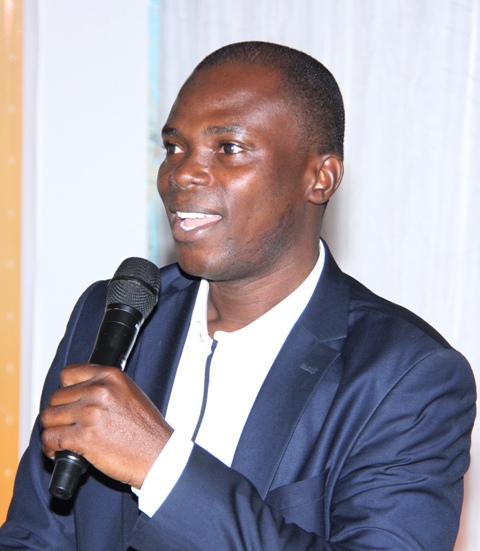

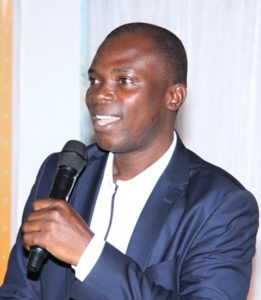
Journalists and media practitioners have been encouraged to lead the fight against hate speech, polarising narratives as well as misinformation and disinformation to create the necessary conducive atmosphere for sustainable development.
Mr Sulemana Braimah, Executive Director, Media Foundation for West Africa (MFWA), said hate speech, polarising narratives and misinformation and disinformation were among the most fundamental problems facing the world currently and posed threats to stable democracies.
“A lot of the conversations have been about peace, conflict resolution, and climate crisis and so on. But if you look deeply into these issues, you will realise that beneath these issues are certain root problems that we need to deal with,” he said.
According to him, without dealing with such problems, it becomes difficult to find solution to any development challenge facing the country and journalists had critical role to play in that regard.
The Executive Director was speaking to journalists and other stakeholders during two-day media training on Countering Hate Speech and Polarising Narratives to Foster Democratic Consolidation and Peace in Ghana, organised by the MFWA for selected journalists from Upper East, Upper West and North East regions.
The training was to empower media practitioners with the right skills, knowledge, and attitudes to deal with issues that had the tendency to cause conflict and destabilise the country and contribute to resolving conflicts and fostering sustainable development.
Mr Braimah explained that journalists had the platform and expertise to ensure they fostered dialogue, consensus building, decent conversations and countered issues by other actors that posed threats to peace and had the tendency to mislead the citizens.
“You cannot resolve conflicts when parties are polarised, you cannot resolve conflicts when there is a proliferation of misinformation and disinformation, you cannot resolve conflict and build peace when communities are engaged in hateful content and hateful dialogue all the time,” he added.
Mr Ali Anankpieng, Executive Secretary, Upper East Regional Peace Council, noted that over the years, journalists had contributed to driving peaceful coexistence, fighting corruption, and ensuring sustainable development and there was the need to uphold such standards.
He, however, indicated that practitioners must be wary of the harm that their work could cause when not done professionally, citing the Rwanda genocide as example of how a mistake from the media led to the killing of thousands of innocent people.
“Once you have found yourselves in this space, consider yourself as a fighter for the poor, widows, orphans, conflict affected persons and everyone who needs your support to bring their issues to bare so that they can get support,” he added.
Mr Frederick Mawuli Agbenu, Upper East Regional Director, National Commission for Civic Education (NCCE), noted that the media was critical in shaping public opinion through its agenda setting role and underscored the need to desist from activities that would misinform the public and lead to conflict.
Mr Stephen Tindi, Lecturer, Ghana Institute of Journalism of the University of Media, Arts and Communication, who took the participants through fact-checking, urged the journalists to employ the various fact-checking tools to verify claims before informing the public.
Mr William Jalulah, Upper East Regional Chairman, Ghana Journalists Association, thanked MFWA and its partners for the capacity building, adding that it was instructive and had boosted journalists’ skills to contribute to conflict resolution and peace building.
He urged the participants to use the knowledge acquired to help develop the region and country at large while upholding professional consciousness.
Source: GNA
The post Ghana journalists asked to lead fight against hate speech, misinformation, disinformation – MFWA appeared first on Ghana Business News.
Read Full Story

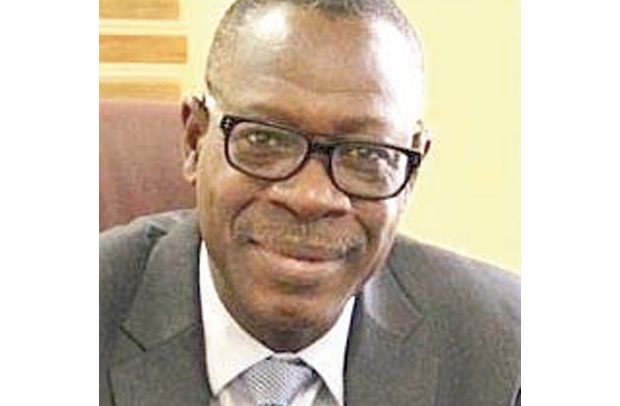
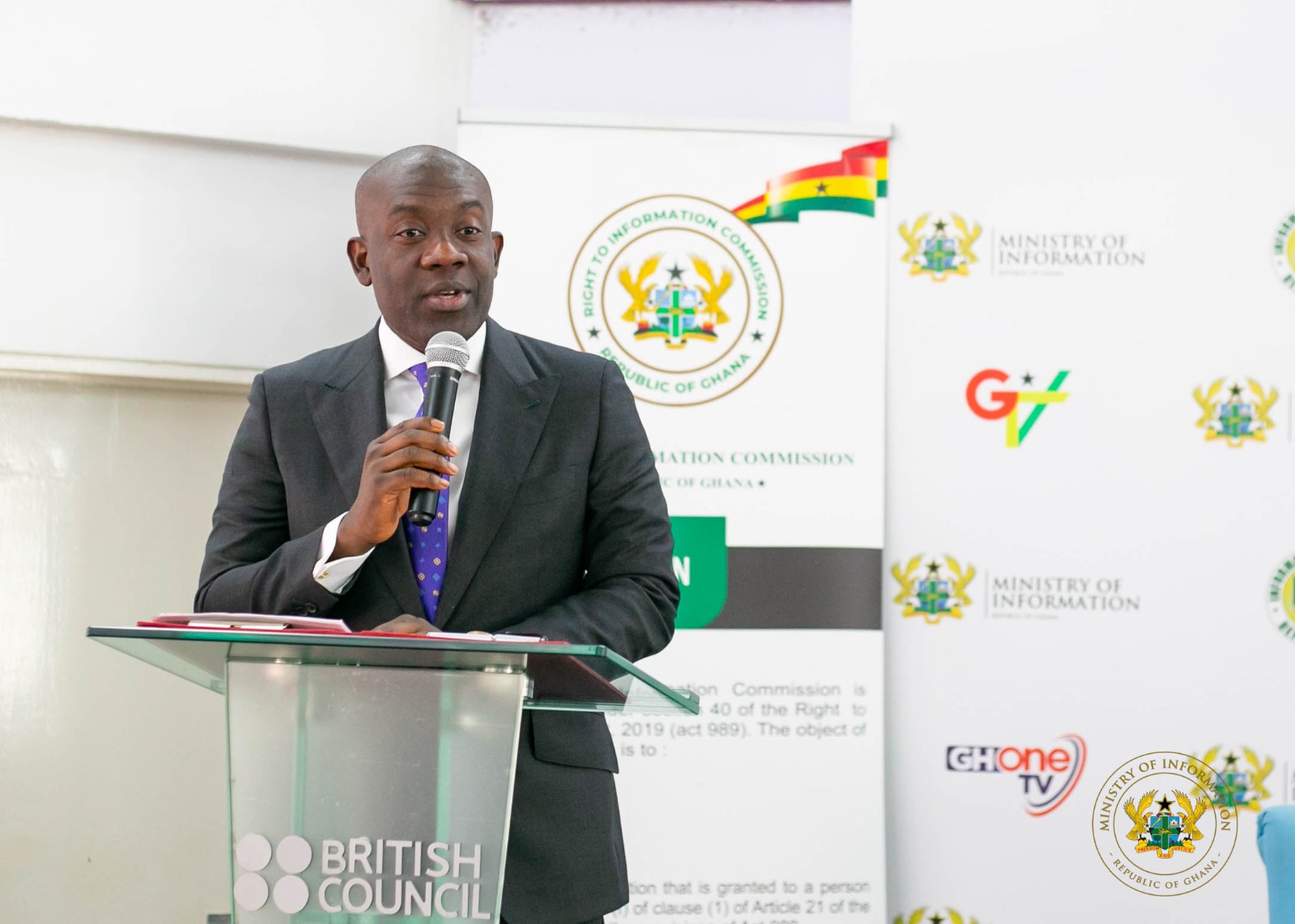
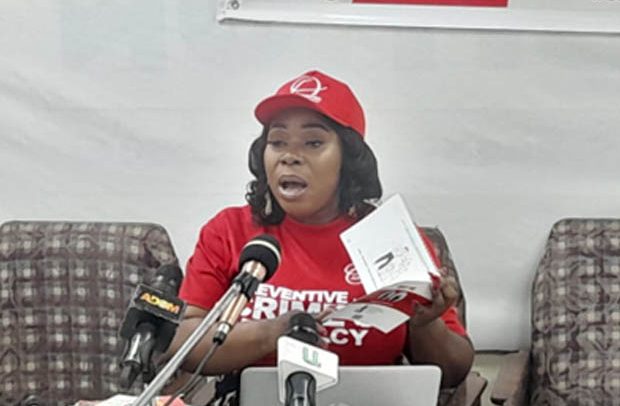

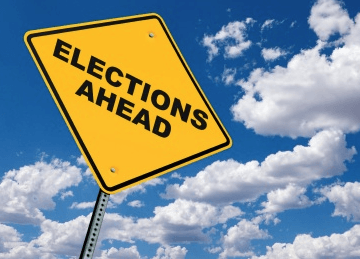



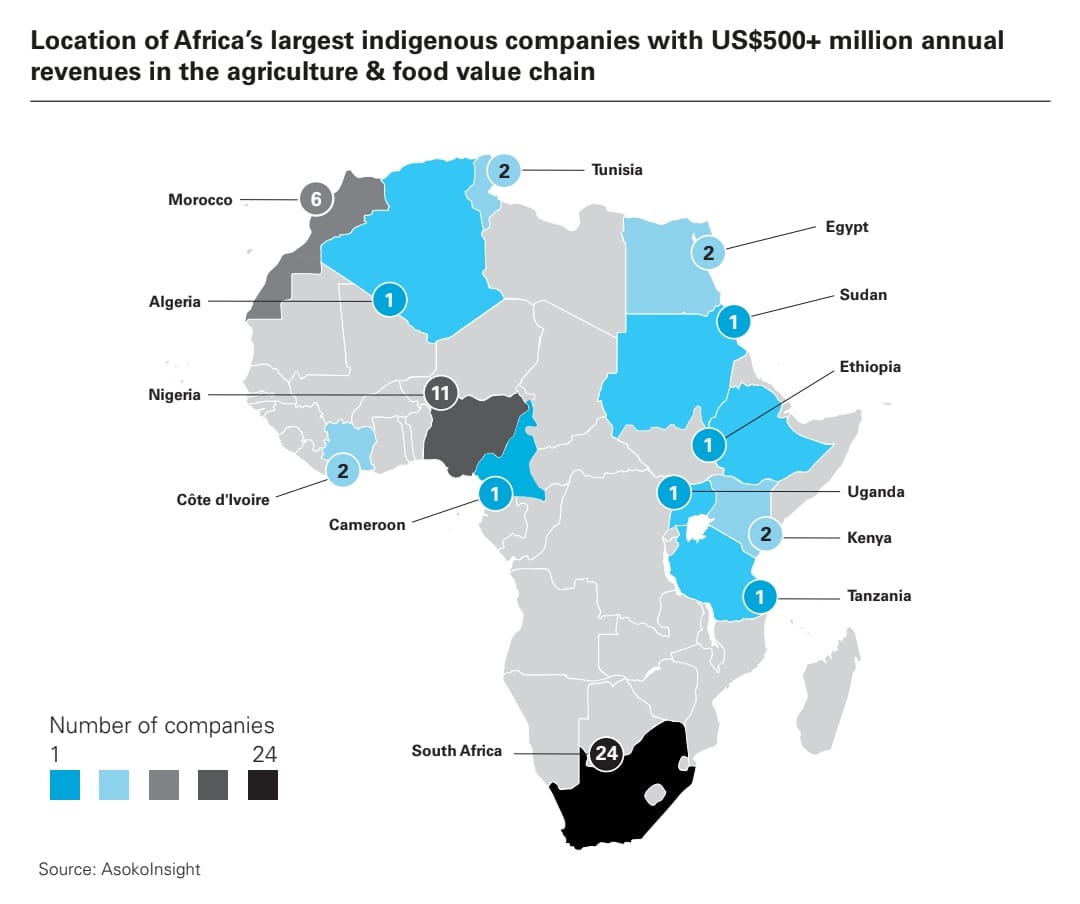
Facebook
Twitter
Pinterest
Instagram
Google+
YouTube
LinkedIn
RSS